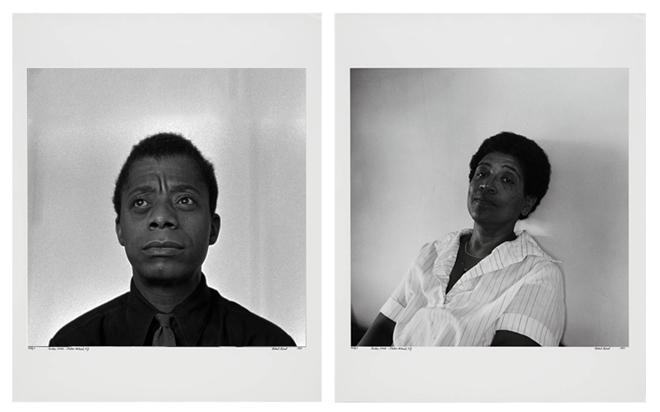 Yarran Hominh, Philosophy Aspinwall 302 12:00 pm – 1:30 pm EDT/GMT-4
Yarran Hominh, Philosophy Aspinwall 302 12:00 pm – 1:30 pm EDT/GMT-4 What role is there for hope in hopeless times? The present is, if any, a time where to respond objectively to the state of the world is to despair. The systems of oppression and domination that comprise the basic structure of society are rampant; the political democratic means available of changing those systems are powerless, sunk in institutional deadlock and political polarization. The world continues to suffer from an ongoing pandemic, and to top it all off, we seem incapable of even so much as slowing our rush towards an uninhabitable future. The predominant forms of hope that are culturally available have been co-opted. At best, they are politically inert. At worst, they act as ideological figleaves by which existing systems and destructive ways of being are maintained and reproduced. Yet, I argue, drawing on a 1983 conversation between Audre Lorde and James Baldwin, even in such hopeless conditions there is still a place for hope. It is a hope not for a future way the world could be, but a hope in others, tied to the present possibilities of collective agency.